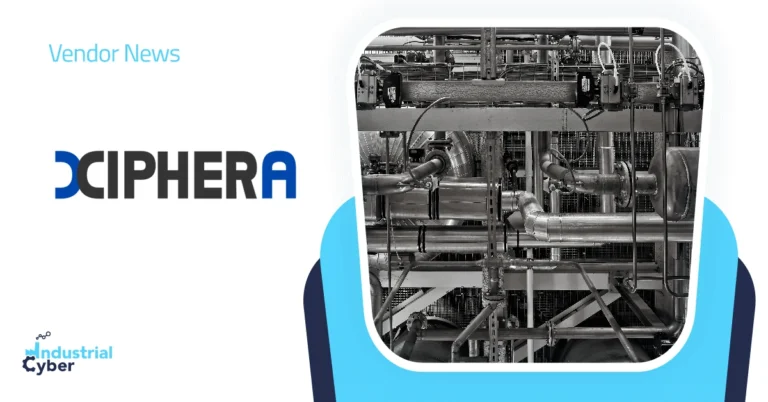Xiphera Ltd, a Finnish company that designs and implements hardware-based security solutions, announced a project on Tuesday to develop a quantum-resistant authenticated boot and hardware root of trust solution for space-grade semiconductor architectures, a move that will future-proof security for space infrastructure.
Authenticated boot and hardware root of trust solutions ensure the authenticity of digital hardware components and system configurations in space and satellite infrastructure. Xiphera’s implementation is based on hybrid cryptography, combining classical and post-quantum cryptography (PQC), ensuring security throughout the system’s lifecycle.
The development project is partially funded by the European Space Agency as part of its General Support Technology Programme (GSTP). The solution has been designed in close cooperation with Frontgrade Gaisler, a leading Swedish developer of space-grade electronics. Authenticated Boot will be integrated into Frontgrade Gaisler’s space-grade GR765 processor.
The authenticated boot and hardware root of trust technology has been developed for general availability in Xiphera’s nQrux Hardware Trust Engine family, a highly optimized and customizable security solution for FPGAs and ASICs. The first released product, nQrux Secure Boot, is immediately available to semiconductor and equipment vendors in space technology and other industrial and critical infrastructure sectors.
“The ESA project will increase Europe’s digital sovereignty and resilience, both in the supply chain and the underlying technologies. Our IP cores have always been secure by design, and the complex solutions developed in this project require a careful system design methodology,” said Petri Jehkonen, strategic programs director at Xiphera. “In addition to offering best-in-class encryption algorithms and security protocols, the technology we develop must be compatible with space-grade ASIC manufacturing processes. Xiphera’s solutions are designed in pure digital logic with no hidden software components. This advantage is especially highlighted in space-grade applications, where software components typically require much more complex validation and certification paths.”
“The integration of Xiphera technology into our next-generation GR765 octa-core SoC provides the foundation for building systems that are resilient against cybersecurity threats,” said Jan Andersson Nerén, engineering director at Frontgrade Gaisler. “This collaboration enables our customers to meet more demanding requirements with minimal impact to their development efforts, and to address both current and future challenges, including those posed by quantum computing.”
“Most space systems today require security elements: sensitive elements uploaded over the air, such as software, FPGA bitstreams or telecommands, need to be authenticated,” said Roland Weigand from ESA’s Microelectronics Division.
“Mission data must be encrypted if it is sensitive or of commercial value. We look forward to working with Xiphera to develop quantum-safe, secure IP cores for space processing chips, i.e. microprocessors and FPGAs.”


